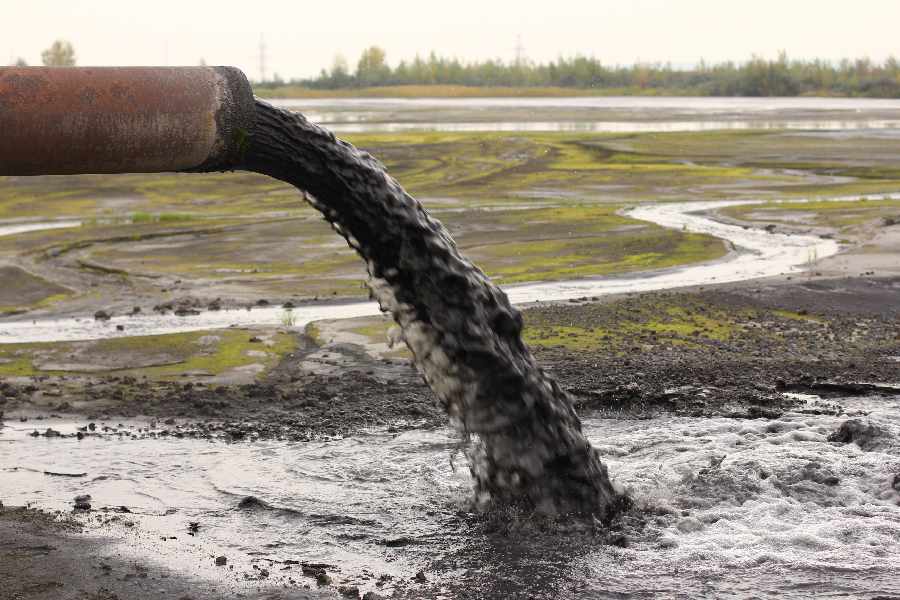The Calcutta Municipal Corporation (CMC) and the state pollution control board (PCB) have started jointly visiting large residental and commercial complexes that are supposed to treat their sewage to check if the treatment plants are functioning.
Officials of the civic body said they suspected many apartments and commercial complexes were not treating the sewage.
Building Rules of the CMC and rules framed by the PCB have made it mandatory for buildings above a certain scale to treat their sewage.
Large buildings — over 2 lakh sq ft built-up area or those generating over 50,000 litres of sewage a day — are supposed to have treatment plants. The plants should treat the sewage before discharging it into the city's drainage lines.
But CMC officials said they suspect many buildings that set up their sewage treatment plants have stopped operating them. In some, the plants malfunctioned and were not repaired and in others, the residents did not want to bear the cost of running them.
"We have started joint inspections with the PCB of large apartment complexes and commercial establishments to check if the sewage treatment plants are functioning. The mayor has instructed us to ensure compliance," said Binod Kumar, commissioner of the CMC. "But we will also take action, if necessary," he added.
Officials said the CMC had limited powers to impose penalties on apartments or commercial establishments that have stopped running the plants but the civic body can forward complaints to the PCB. The PCB enjoys overarching powers to impose penalties, said a CMC official.
The official said joint teams of the civic body and the green board visited a hospital off EM Bypass, near Mukundapur, and a large apartment complex near Ajoynagar on EM Bypass last week.
"We found that the hospital plant is operating but the plant in the housing complex is not. We have told the apartment's residents welfare association that we will support them so they can restore the plant," said the CMC official.
A sample collected from the hospital will be tested in a laboratory to check if its treatment plant is functioning properly.
"Every project that will generate over 50,000 litres of sewage a day must have a treatment plant," said architect Anjan Ukil.
A 2BHK flat is likely to have provisions for four people and a 3BHK flat for eight people.
"Theoretically, one person consumes 135 litres of water a day and 80 per cent of it becomes waste. When the size and number of flats in a project are known, the likely waste water generation from the project can be calculated," said Ukil, a member of the Indian Institute of Architects' Bengal chapter.
The joint CMC-PCB teams will inspect 10 buildings every week.
"It is not enough to build a plant but one has to run it. The PCB and the CMC are also responsible for ensuring they function," said a CMC official.
The National Green Tribunal had in a September 2022 order asked the state government to keep aside Rs 3,500 crore and spend it only on solid and liquid waste treatment after it found the state lacking in environmental protection measures.
